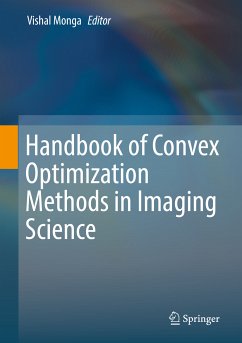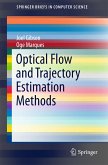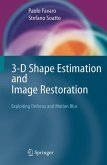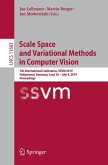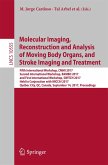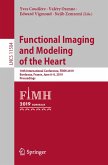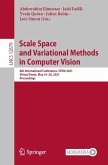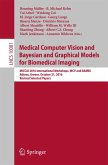This book covers recent advances in image processing and imaging sciences from an optimization viewpoint, especially convex optimization with the goal of designing tractable algorithms. Throughout the handbook, the authors introduce topics on the most key aspects of image acquisition and processing that are based on the formulation and solution of novel optimization problems. The first part includes a review of the mathematical methods and foundations required, and covers topics in image quality optimization and assessment. The second part of the book discusses concepts in image formation and capture from color imaging to radar and multispectral imaging. The third part focuses on sparsity constrained optimization in image processing and vision and includes inverse problems such as image restoration and de-noising, image classification and recognition and learning-based problems pertinent to image understanding. Throughout, convex optimization techniques are shown to be a criticallyimportant mathematical tool for imaging science problems and applied extensively.
Convex Optimization Methods in Imaging Science is the first book of its kind and will appeal to undergraduate and graduate students, industrial researchers and engineers and those generally interested in computational aspects of modern, real-world imaging and image processing problems.
- Discusses recent developments in imaging science and provides tools for solving image processing and computer vision problems using convex optimization methods.
- The reader is provided with the state of the art advancements in each imaging science problem that is covered and is directed to cutting edge theory and methods that should particularly help graduate students and young researchers in shaping their research.
- Each chapter of the book covers a real-world
imaging science problem while balancing both the theoretical and experimental aspects. The theoretical foundation of the problem is discussed thoroughly and then from a practical point of view, extensive validation and experiments are provided to enable the transition from theory to practice.
Topics of high current relevance are covered and include color and spectral imaging, dictionary learning for image classification and recovery, optimization and evaluation of image quality, sparsity constrained estimation for image processing and computer vision etc. Provides insight on handling real-world imaging science problems that involve hard and non-convex objective functions through tractable convex optimization methods with the goal of providing a favorable performance-complexity trade-off.
Dieser Download kann aus rechtlichen Gründen nur mit Rechnungsadresse in A, B, BG, CY, CZ, D, DK, EW, E, FIN, F, GR, HR, H, IRL, I, LT, L, LR, M, NL, PL, P, R, S, SLO, SK ausgeliefert werden.

